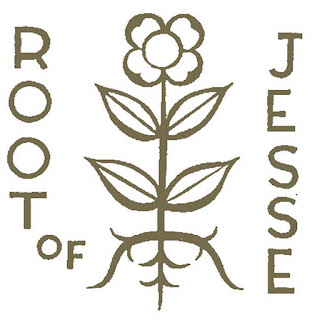Each New Year I look forward to a new beginning. I see it as an opportunity to let go of the past, and begin yet again. In my eagerness to make a fresh start, I always make resolutions. As the years past, I realize that many of my expectations are not just about me, but about others, and that sometimes I am unrealistic.
I have lived long enough to know that much of the stress we experience in our lives comes from unrealistic expectations. We fail to look at the norm, at the conduct we or another person consistently demonstrates. We want more, and we want better. Often these desires have more to do with our own conduct and expectations and less to do with another. The problem is, such attitudes guarantee disappointment.
I wonder how many of our disappointments could be averted if we kept this in mind. I've often been reminded of my own "unrealistic expectations" of another, and have struggled to remember the person's usual conduct, and not to expect differently. This fact is not depressing; it is part of what it means to accept reality for what it is.
I think part of our unrealistic expectations come because we don't like living in an imperfect world. In a perfect world, yes, all would be thoughtful, sensitive, generous and kind. In a perfect world, no one would insult, slander, or offend. In a perfect world, I would not have to deal with my selfishness, my ego, my needs. But in reality, all these things that I struggle with affect me, affect others, cloud my vision and affect my altruism. I struggle even when I think I'm being my best. So do others.
This brings me back to the birth of Jesus. He embraced this imperfect world with its disappointments, its pain and sorrow, and its limitations. He did not come to change that. He came to demonstrate that an imperfect world need not deter me from following my dreams. He came that I might look beyond the pain and suffering of this life and find renewal in purpose. He came to show me the Way in an imperfect world.
I am determined this New Year to remember that. I am determined to focus on my dreams and accept my imperfect situation. I am going to focus on what I can be, not the imperfections all around me. Most of all, I am going look forward to opportunity.
I wish the same for you. Happy New Year!






















